29 Dec 2020 Album of the Year Write-Up #9: Bryson Tiller – A N N I V E R S A R Y
Artist: Bryson Tiller
Album: A N N I V E R S A R Y
LISTEN
BACKGROUND
Bryson Djaun Tiller is now one of modern R&B’s established veterans. Emerging as a budding, hungry 22-year-old in the middle of the decade, Tiller made immediate waves with his 2015 debut studio album, T R A P S O U L. As a new voice and sound to accompany the late night, trap-infused R&B aesthetics of contemporaries such as Drake, the Weeknd, and PARTYNEXTDOOR, Bryson became a fresh face in the industry, and quickly emerged with successful singles and a strong fanbase. While he was basking in all of this newfound fame, however, it was not all smooth sailing for Bryson. Over a series of interviews and media appearances throughout the years, he has detailed the mental burden the music industry has led him to, particularly hinting towards the criticisms of T R A P S O U L being a main factor. While the album was hugely successful and well-received by many, he had a vocal portion of detractors who merely dismissed his work as derivative of the current norm. Bryson has since detailed that, all of the noise of the industry and the fans, coupled with his youth at the time, led him to a creative block. He himself has claimed that this lack of passion towards his work had bled through on his 2017 sophomore release, True to Self, which was not nearly as well received as its predecessor. Tiller, knowing that his output of music was not what he (or the fans) wanted it to be, decided to step away from the spotlight for the coming years. The occasional loosie or feature would pop up here and there, but when it came to a new, proper body of work, Tiller was secretive towards his creative process, and there existed a lot of skepticism if he was even going to drop anything again, or just fade into his typically private life of fatherhood. Those theories were quickly dispelled once tiller announced his 3rd studio record, A N N I V E R S A R Y, coupled with a album cover paying direct homage to the original T R A P S O U L, and a release date that coincided with the 5 year anniversary of the record’s release.
REVIEW
“With what the young generation’s doing
And I’m like, “Yo, man, you really just got to do this, like”
Worrying about or tryna figure out
What they, if they gon’ like it or not
Aww man, you gon’ have about five years go by
Next thing you know, you ain’t gon’ wanna do this shit no more
But you really just gotta do you”
These words from Atlanta podcaster and record producer DJ Toomp open up the entire record. It’s no coincidence that Bryson chose to lead off with such a statement, especially one that rings pertinent to Bryson’s career. Synths begin to sweep, tension begins to build, and Bryson properly introduces the world to his third studio album with a gargantuan opener. Years Go By is a trap-tinged banger that embraces the braggadocio of some of Tiller’s earlier rap cuts, with thunderous 808s and a swelling array of keys and embellishments to pair with Bryson’s lyrical reflection of his recent life and confidence in his return to the music industry without a hook to be seen. As someone who has publicly expressed his lack of confidence in his musical output, you can hear the fire and passion return in his vocal performance on this track, and on the rest of the cuts to follow. He’s back, and he feels back.
As an entire album, A N N I V E R S A R Y recaptures the general aesthetic of T R A P S O U L and Bryson’s musical standard in general: the “trapsoul” sound, a sing-rap combination of soulful R&B confessions and punchy hip-hop percussion, makes a full-fledged return on this record, with a more fleshed out approach to the sound. Tiller’s delicate flows are back, with an air of swagger through his newfound wisdom, rather than swagger through his hunger on T R A P S O U L. He’s no longer an ambitious, burgeoning 22-year-old with a point to prove in the hip-hop industry. He’s now 27, and while he’s an established veteran, his fleeting youth and perceived lackluster output to most have put his career in a borderline position. With this new record, he reclaims the sounds that he had built his career around, and aims to utilize and refine it in a way that is both fresh, yet familiar.
The production, in terms of atmosphere, falls in line with what you may expect from Bryson and this subset of alternative R&B. While it’s not a new approach, the sound of this record is much more grand, articulate and layered compared to his previous records, while not straying from his typical lane. I point to Timeless Interlude, which is driven by despondent, gorgeous piano keys, a swallowed vocal sample, and glistening synths that trickle behind the beat, as the drums take over halfway into the runtime to proliferate, emphasizing the space that the production created. The delicateness of this track is perfectly juxtaposed by Sorrows, the track succeeding it. Sorrows is massive, with these large, swelling 808s thundering overtop of a boisterous Peter Allen sample, complete with bouncy pianos and a slick guitar riff. As a whole, samples populate this album frequently, whether vocally or instrumentally, which is not a surprise or new ground for Tiller and his producers. This go-around, however, the samples act as narrative accompaniment and thematic relevance as opposed to a sonic addition.
I would be remiss to not talk about Outta Time, his first official collaboration with Drake, one of his biggest and most public musical peers and idols. Drake acts as the first feature present on any of Bryson’s studio albums, and it’s only appropriate that someone like him would be the first. Outta Time is a dancehall-influenced pop tune that has Drake’s influence spread all over it, from the bouncy, colorful beat to the crooning, light melodies about girl troubles. It’s definitely the most commercially viable track on the whole record, but I think it still fits in nicely with the rest of the tracklist, and doesn’t seem out of place compared to the songs surrounding it.
Lyrically, there’s nothing that’s particularly out of place for a Bryson Tiller release. Relationships and heartbreak still perpetuate as the dominant lyrical theme across most of these tracks. However, there exist plenty of instances of self-reflection about internal struggle, personal growth and a newfound, mature outlook on life that he had been oblivious to while younger. These themes bleed into the aforementioned relationship based songs, as well. T R A P S O U L had plenty of songs with that youthful promiscuity; that’s now gone. In a way, Bryson uses A N N I V E R S A R Y as a lyrical confessional and an update on how the past 5 years have affected his mental health and emotions, ranging from the highs and the lows.
Keep Doing What You’re Doing is a particularly poignant track. Lyrically, it’s highly emotionally driven as an ode to his late grandmother, one of his personal heroes. The track opens up with a voicemail from her, a loving message for his birthday. Tiller pours his depression into his words here, talking about how he does not see the man his grandmother saw, but through all of the pain he endures, he tries to remember those 5 words that his grandmother reiterated: Keep doing what you’re doing. It’s certainly the most depressive track on the record, and you can hear the emotions in Tiller’s vocal performance. The album ends with Next to You, a plea of Bryson’s love for a lover he’s craving and his desire to wait, and the vocal sample of “How far out have I got to move?/Oh, I’ve gotta get next to you/But you’re so far away/Searching for a heart another world away” helps capture the state Bryson is in.
At a concise 10 tracks, all of them refined, this album completely satisfied my expectations for a sequel to T R A P S O U L, one of my absolute favorite albums of all time. It’s a refreshing take on what we already know and love from Tiller, and the newfound attitudes and themes of this record have hit a chord with me at this point in my life. It’s an album that embraces nostalgia in the best way possible, and I can’t get enough of it.
FAVORITE LYRICS
They be like “Do the task right, don’t make no mistakes”
They negated what I sacrificed, think I live a flashy life?
But really life is flashin’ by, twenty-two, go get it now
Twenty-seven, hold it down
I got several homies now, but still I keep my bro around
Crazy we both older now, babies, no, they older now
Plus, I know they count on us to lend more than a shoulder
This world is growin’ colder
“Timeless Interlude”
I think that’s what got me here
I gave it my best and that’s exactly why I’m here
Hated how it felt to be in debt, to bein’ failed ’til I did somethin’
Self-reflectin’, thinkin’ ’bout the testaments and wisdom
Make sure you got a will, there’s a way when there is one
Keep doin’ what you doin’, go do what’s already been done
I know you got it in you
“Keep Doing What You’re Doing”
Years go by, where we at right now? (Now)
Thought we, might be able to relax right now (Now)
Pressure on me whenever I’m flatlined down
I can’t keep ’em on my back right now
The game called me and said, “Come back right now” (Right now)
Put the fire on the fuckin’ wax right now, yeah (Right now)
She want all the eggs in one batch right now, but (Right, right now)
I can’t risk that right now, no
“Years Go By”
DISCUSSION QUESTIONS
Do you think this record was a worthy sequel to T R A P S O U L?
Where do you see Bryson’s sound going from here?
Does Bryson have longevity in the hip-hop/R&B industry?
Do you think this heavy reliance on nostalgia benefitted the record?
submitted by /u/dropthehammer11
[link] [comments]




Sorry, the comment form is closed at this time.